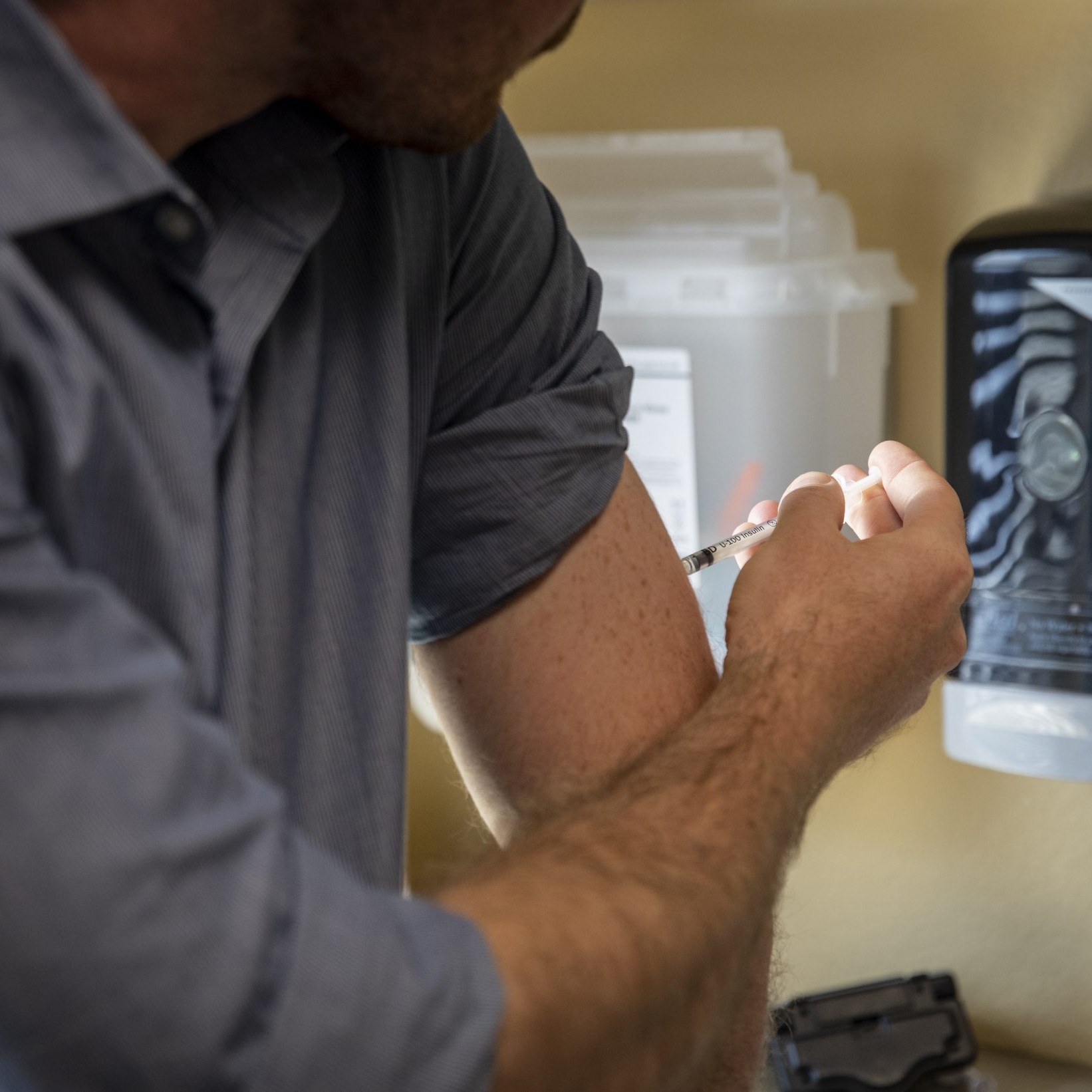In parts of Texas and surrounding areas, cedar allergies are one last health challenge in an already difficult year.
2020 has been one for the ages, headlined by the widespread impact of the COVID pandemic. While Americans and the rest of the world await a vaccine, there are other concerns that can impact their health in the coming months. One of those is cedar allergies.
Winter is generally not considered a peak season for environmental allergies. Grasses pollenate in the summer months, ragweed pollenates in the fall, and most trees release their pollen in the spring months. However, one tree that does so between December and February is mountain cedar. According to Thermo Scientific, cedar is one of the primary allergens in Texas, especially around the Edwards Aquifer region. It can also be found in parts of southern Arkansas and Oklahoma.
Cedar is identifiable by its amber-colored pollen, which becomes ubiquitous from December through February. Its effect, often known locally as “cedar fever”, can lead to symptoms like itchy, stuffy, and runny nose, as well as sneezing and itchy and watery eyes for allergy sufferers. In more serious cases, it can lead to sinus infections or trigger allergic asthma symptoms.
In a climate where people are already hyper-conscious of their breathing symptoms, cedar allergies cause additional stress. Could that congestion and coughing be allergies, or something worse? Providers that offer allergy testing can not only offer their patients short-term peace of mind but a path to long-term relief from the symptoms that bother their patients, now and year-round.
While many allergy sufferers will practice a combination of avoidance and self-medication to get through cedar season, those are only short-term measures to combat the symptoms rather than the disease. Allergen immunotherapy represents a path to a long-term better quality of life, including during cedar season. With concerns such as the flu and COVID existing simultaneously, patients have all the more reason to seek understanding–and relief.
You may also be interested in . . .
David Boone on at-home allergy shots as potential long-term relief from “cedar fever”
Winter doesn't spell relief for all allergy sufferers -- especially in Texas and parts of other nearby states, where the colder weather signals the…
Cedar and allergy symptoms hit highest levels of the season
Those aren't puffs of smoke drifting on the horizon. They are clouds of pollen from mountain cedar trees, the winter scourge of Central and South Texas.…
Tips for dealing with cedar allergies
Sunny, breezy weather can be harsh on cedar sufferers. If you suffer from cedar allergies, try to stay indoors on a high pollen day.

